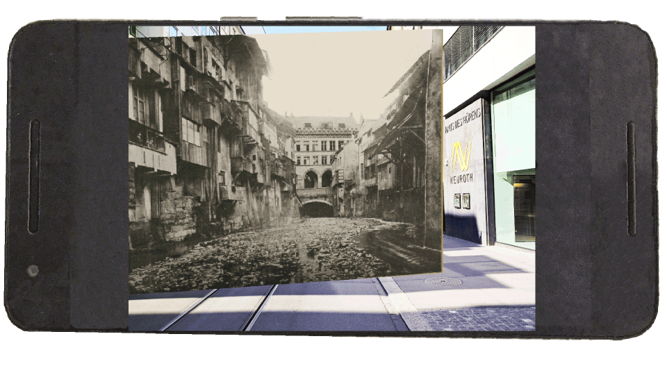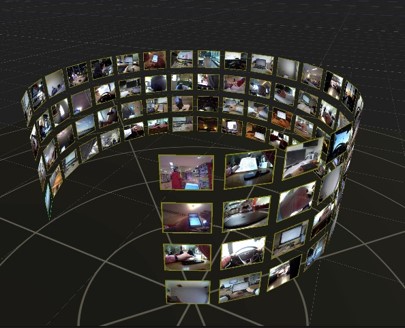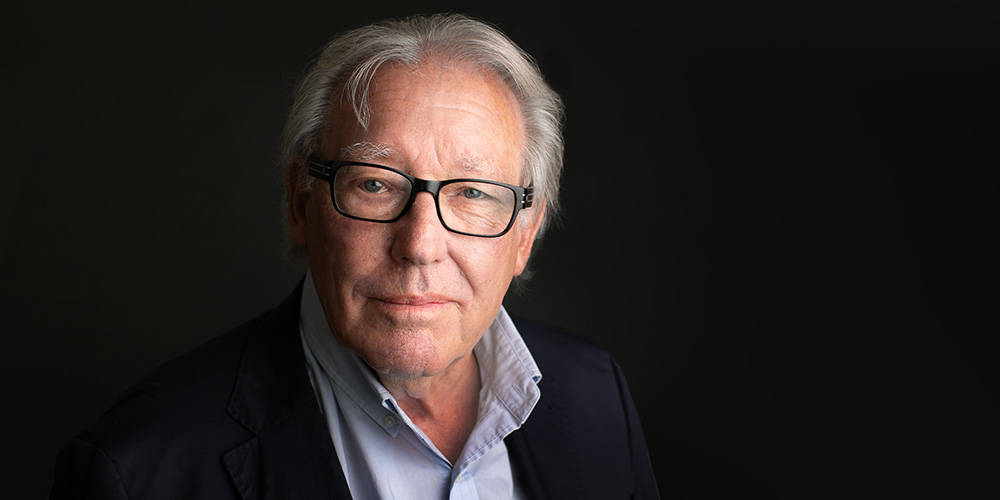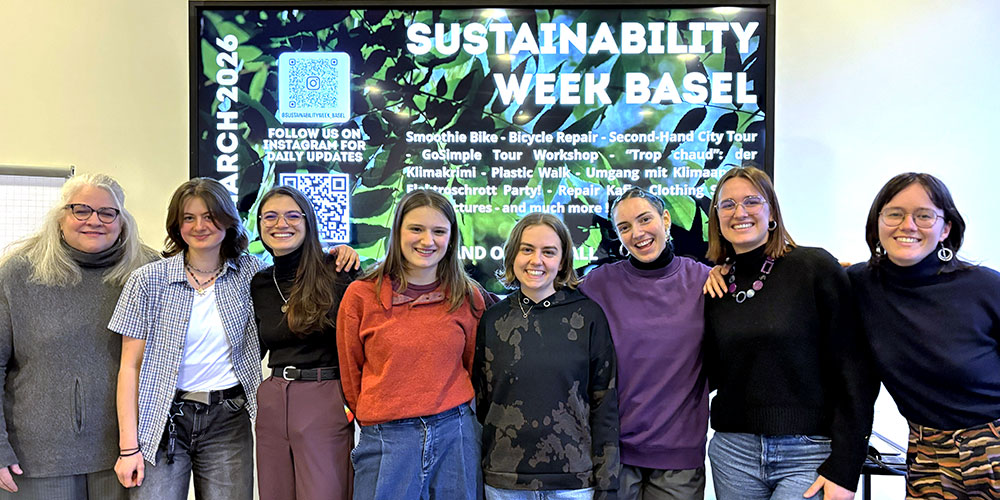Interview with Heiko Schuldt

Although Switzerland is currently not associated to Horizon Europe, participation in collaborative projects is still possible. This information doesn’t always reach our colleagues in the EU member states. Was it more difficult for you to join the current consortium compared to your previous EU projects?
No, actually, it was quite easy, we were invited to join the consortium by colleagues we regularly meet at conferences. Our multimedia search engine, vitrivr, which we’ve developed further so that it is now available in a Virtual Reality (VR) system, has won several prizes. This gave us quite a bit of visibility and we were therefore seen as a potential expert for the consortium. I think the fact that vitrivr is Open Source was very appealing. The designated work package leader of the relevant work package, knew that not only could we contribute to the technical side of the project but also that we are committed to Open Science. I would like to add that from outside, administrative issues seem to be much more complicated because Switzerland is not associated, but it is not. The money for the Swiss partners comes from the State Secretariat for Education, Research and Innovation (SERI) and the process for obtaining this is very efficient. This makes the researcher's life very easy, as we can focus on the scientific aspects of the project.
That’s good to hear. Full association to Horizon Europe would be preferable but in the meantime, everyone tries to make the process as easy as possible. What motivated you to participate in an EU Project?
It was a unique opportunity to work with partners from other sectors, these are people that we don’t meet at conferences. There are other academic partners in our project, XReco, but also several very innovative tech companies, as well as large media producers. It’s great to work in such a heterogeneous group and I’m sure my team will benefit from this beyond the current project. It’s totally different to working on an SNSF project where we are on our own. Even within a collaborative SNSF project the partners have similar interests and although this is of course also very rewarding, there is not the same level of heterogeneity. The EU project brings together partners from very different fields and allows us to broaden our horizons.
As you mentioned XReco brings together academic research groups, innovative SMEs and it’s co-ordinated by Deutsche Welle. How did this quite unusual group come together to write a proposal for a combined research project?
The whole process was very well organized. The idea originated in a small chat group of partners, of which one then coordinated the process, managed the proposal and split us into “working groups.” We mainly contributed to the technical work packages and we joined a smaller group to help prepare that part of the project. This worked well, as we were collaborating closely with our “technical” colleagues. The work package leader is the academic partner, who asked us to join the consortium. They coordinated the discussion and took the lead for writing our section of the proposal. This way we could contribute our expertise in a very efficient way. The consortium started with a core group of five to six partners, they knew exactly the type of partners that they wanted for the project and recruited teams accordingly. We joined at an early stage which allowed us to give input for the project direction.
XReco stands for Extended Reality media Ecosystems, can you tell us what you and the consortium plan to achieve?
The main objective of the project is to help media providers to use extended reality, in a sustainable way. Virtual Reality and Extended Reality (XR) are already used by media producers but for individual projects. Databases of material already exist for several years but the ability to reproduce the XR experience lags behind. The aim of XReco is to develop technologies, so that XR experiences can be reproduced (or re-used), hence the term Ecosystem. In order for these XR experiences to be reproduced and shared, we mainly need to overcome technological hurdles but also the legal aspects and findability of data are important aspects of the project.
One of the final target audiences is for example the tourism industry. One of my students developed a nice example here in Basel, it’s actually technically speaking augmented reality but it gives you an example of what can be achieved. Up until the end of the 19th Century, the Birsig stream ran through the middle of Falknerstrasse. Using an app called GoFind!, that we developed, you can merge an image from the early 1900s with the present day view, when standing on Barfüsserplatz. A tourist can therefore see what Falknerstrasse would have looked like, even though they are standing in the middle of the modern day environment. If such an experience could be offered as ecosystem throughout the city, this would transform the tourism industry.
It seems that XR is already quite an advanced technology, how do you see it developing in the next few years?
I think we will see XR becoming more prominent in our everyday lives. Devices and gadgets will improve over the next few years to make this possible. Google glasses appeared on the market a bit too soon but I think we will see this type of technology developing over the next few years.
Innovation and the future impact of research results seems to become more important, especially within the EU framework programmes, do you also see this trend?
Absolutely, I’ve been involved in previous EU projects and I also evaluate proposals for Brussels. These days, things like the technology readiness level of the proposed research is already mentioned in the Call description and has to be addressed in the proposal. EU proposals are divided into three main sections: Excellence, Impact and Implementation. For academics the first section is no problem, the last section is usually also quite well written but I think the impact section is a challenge and this is where I would recommend that less experienced project leaders ask for help. Either from more experienced colleagues or from a company that specialize in writing Horizon proposals. The evaluators of Horizon proposals are not only academics but also tech transfer experts and industry representatives. It’s important to take this into account.
Thank you Heiko for taking the time to talk to us. We wish you and the XReco Consortium all the best for your project.



